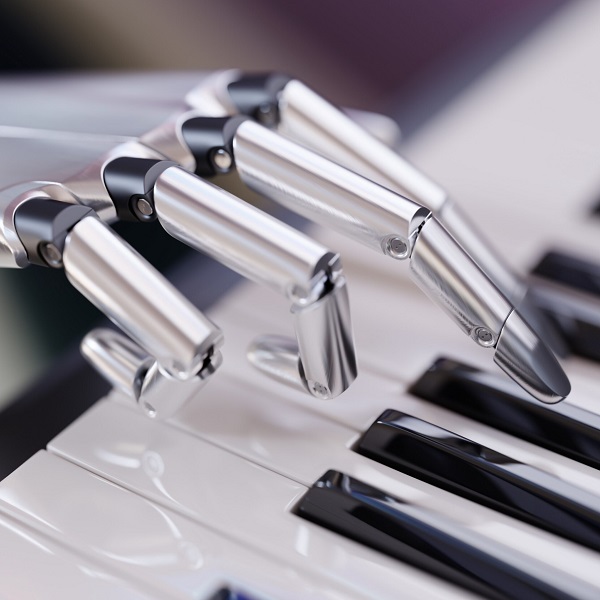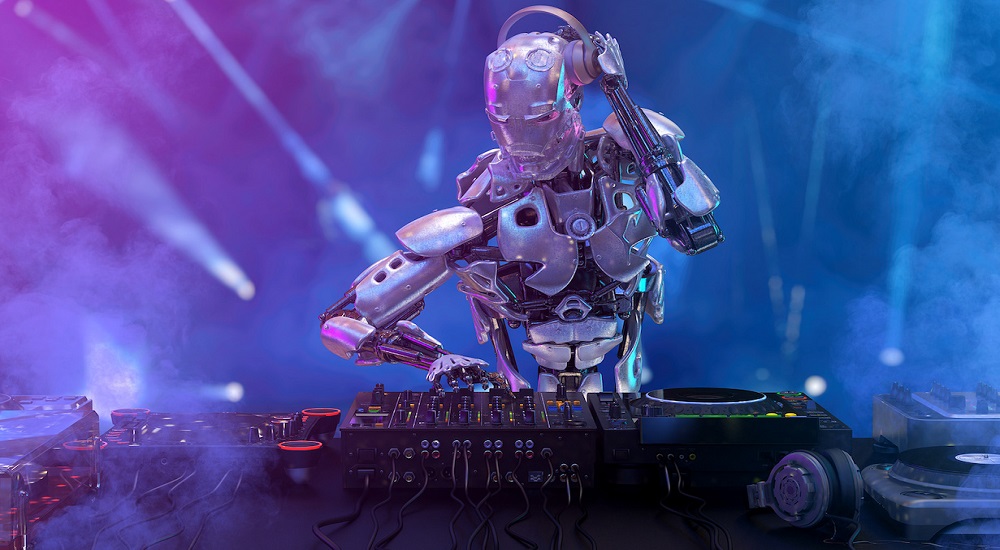The Sophistication of Artificial Intelligence in Music: A Harmonious Future

The integration of artificial intelligence (AI) into the music industry marks a transformative era, revolutionizing how music is created, distributed, and consumed. This technological evolution is not just a novelty but a burgeoning field that promises to reshape the musical landscape in ways previously unimaginable.
Changing the Music Industry
AI is altering the music industry by automating composition, performance, and production processes, thereby democratizing music creation and enabling artists to experiment with new sounds and compositions. AI algorithms can analyze vast amounts of music to identify patterns and styles, which can then be used to generate new tracks that range from classical to contemporary pop. These achievements make it easier to create music in less time and at less cost, which swiss win casino actively uses to offer its players a wider range of music in its open spaces.
Copyrighted Music and AI
The intersection of AI and copyrighted music raises complex legal questions. AI can indeed use copyrighted music as input for learning and generating new compositions. However, this practice necessitates navigating copyright laws to ensure that new AI-generated music does not infringe upon existing copyrights. The legality hinges on whether the AI-created work is considered transformative and original, or if it directly replicates copyrighted elements without authorization.

Protection of AI-Created Music
Music created by artificial intelligence straddles the line between innovation and copyright infringement, leading to debates about its protection under copyright laws. The crux of the issue lies in whether AI-generated music can be copyrighted, and if so, who holds the rights—the programmer, the AI, or the user who initiated the creation process. Currently, most jurisdictions require a human author for copyright protection, leaving AI-generated music in a legal gray area.
Artificial Voices and Rights
Artificially generated voices, used in singing or vocal tracks, present another facet of AI in music. These AI voices can mimic a range of human vocal qualities, offering versatility in music production without the need for live performers. The rights to these voices depend on the software’s terms of use and the legal frameworks governing synthetic media. As with AI-generated music, the rights to artificial voices are subject to ongoing legal and ethical discussions.
Is There a Soul in AI Music?
A frequently debated question is whether AI-generated music possesses the emotional depth and soul intrinsic to human-created music. While AI can produce technically proficient music, the emotional resonance of AI compositions is often scrutinized. Critics argue that music’s soul comes from human experience and emotion, elements that AI cannot authentically replicate. However, proponents believe that AI can create emotionally compelling music, especially as algorithms become more sophisticated in understanding and processing human emotions.
Companies Utilizing AI Music
Several forward-thinking companies are already harnessing AI to create music. Startups like Amper Music, AIVA, Swiss Win casino, and Jukedeck (acquired by TikTok parent company, ByteDance) are at the forefront, offering tools for creating custom soundtracks and compositions using AI. These companies cater to filmmakers, game developers, and content creators who require unique, copyright-free music. Additionally, tech giants like Sony and Google have also explored AI in music creation, demonstrating the widespread interest and investment in this innovative intersection of technology and art.
In conclusion, the use of artificial intelligence in music is becoming increasingly sophisticated, signaling a future where AI plays a central role in the music industry. From automating composition to generating artificial voices, AI is not only expanding the boundaries of what is musically possible but also challenging our legal and ethical frameworks. As we navigate this new terrain, the potential for AI to complement human creativity and innovation in music is boundless, promising a harmonious blend of technology and artistry.
